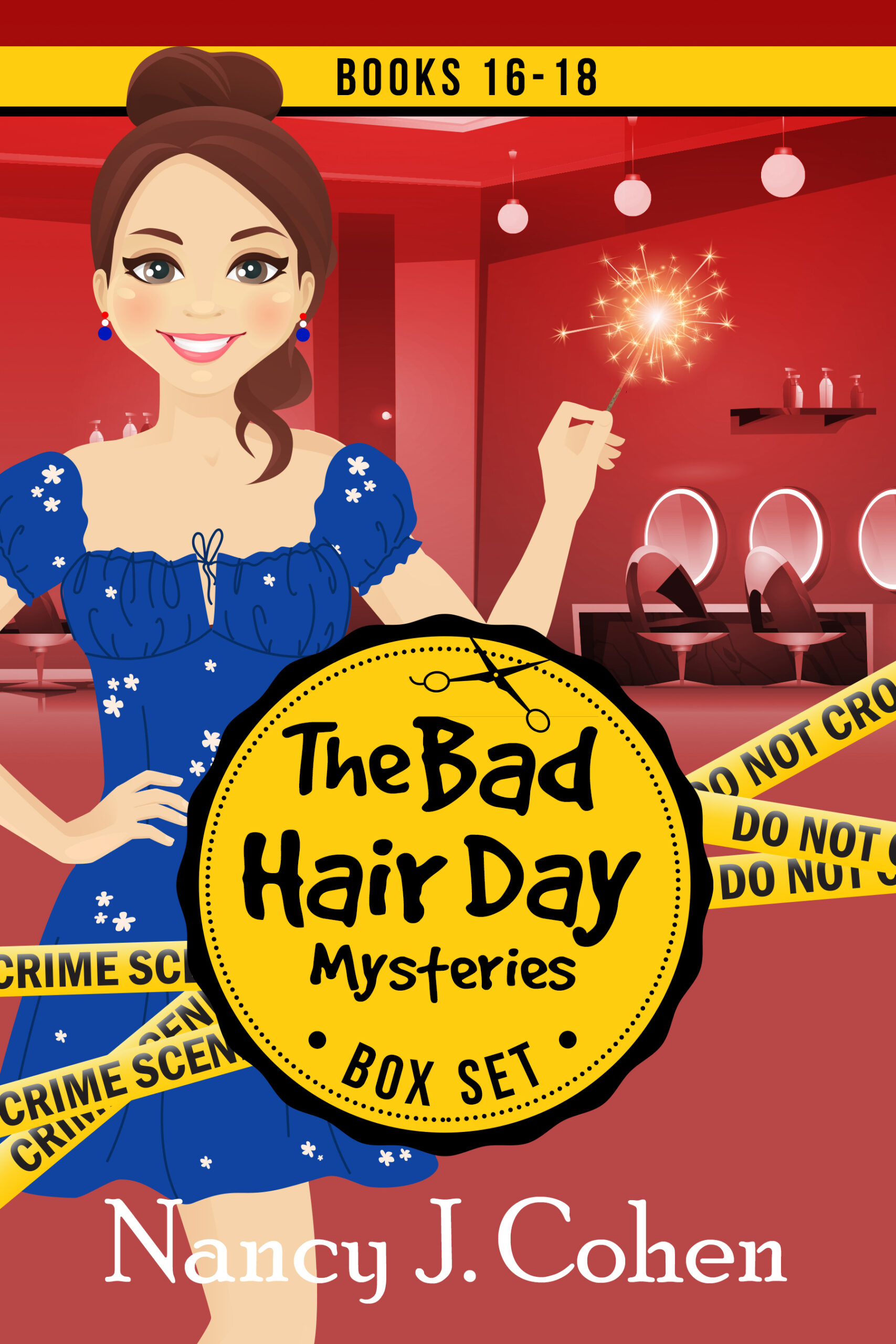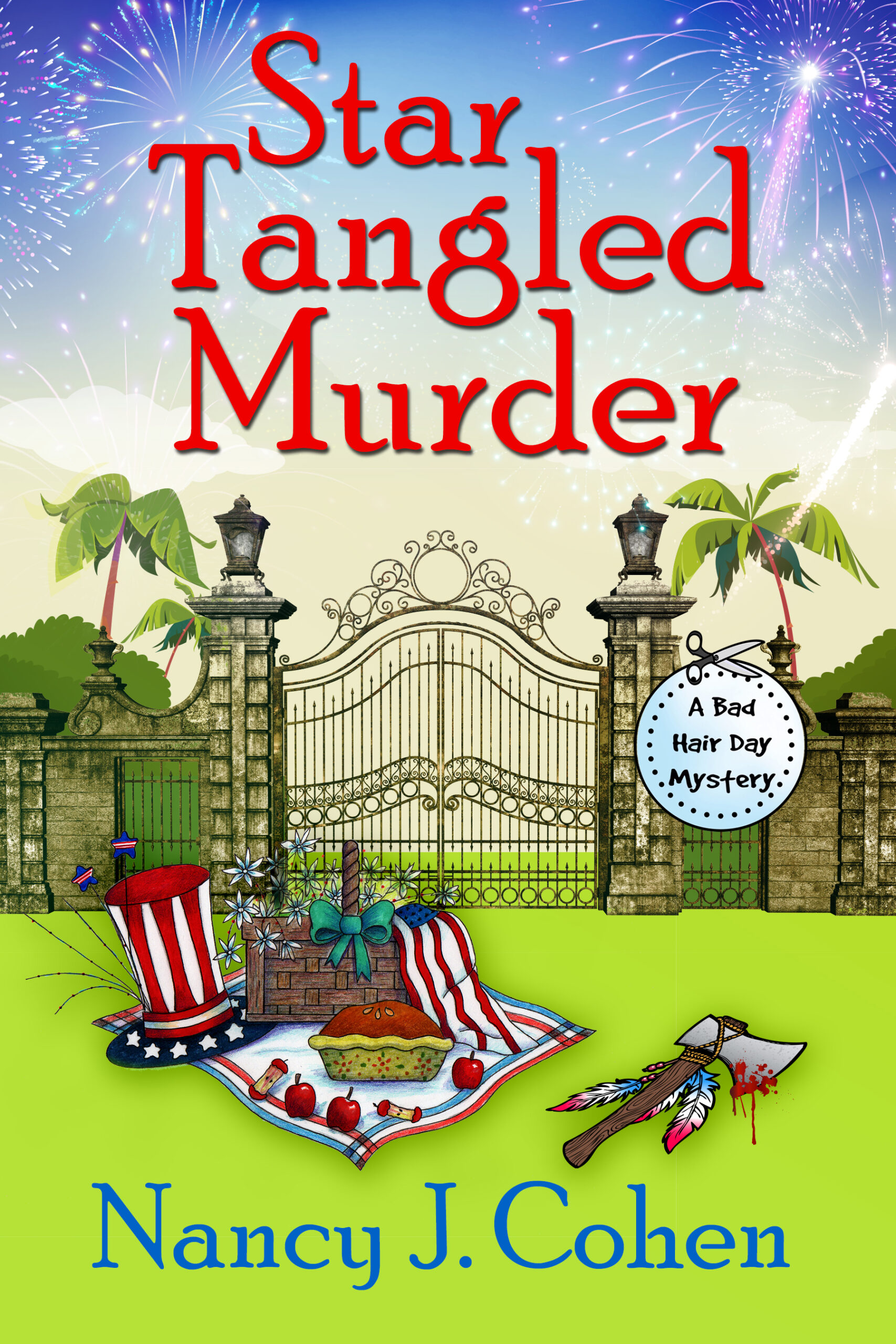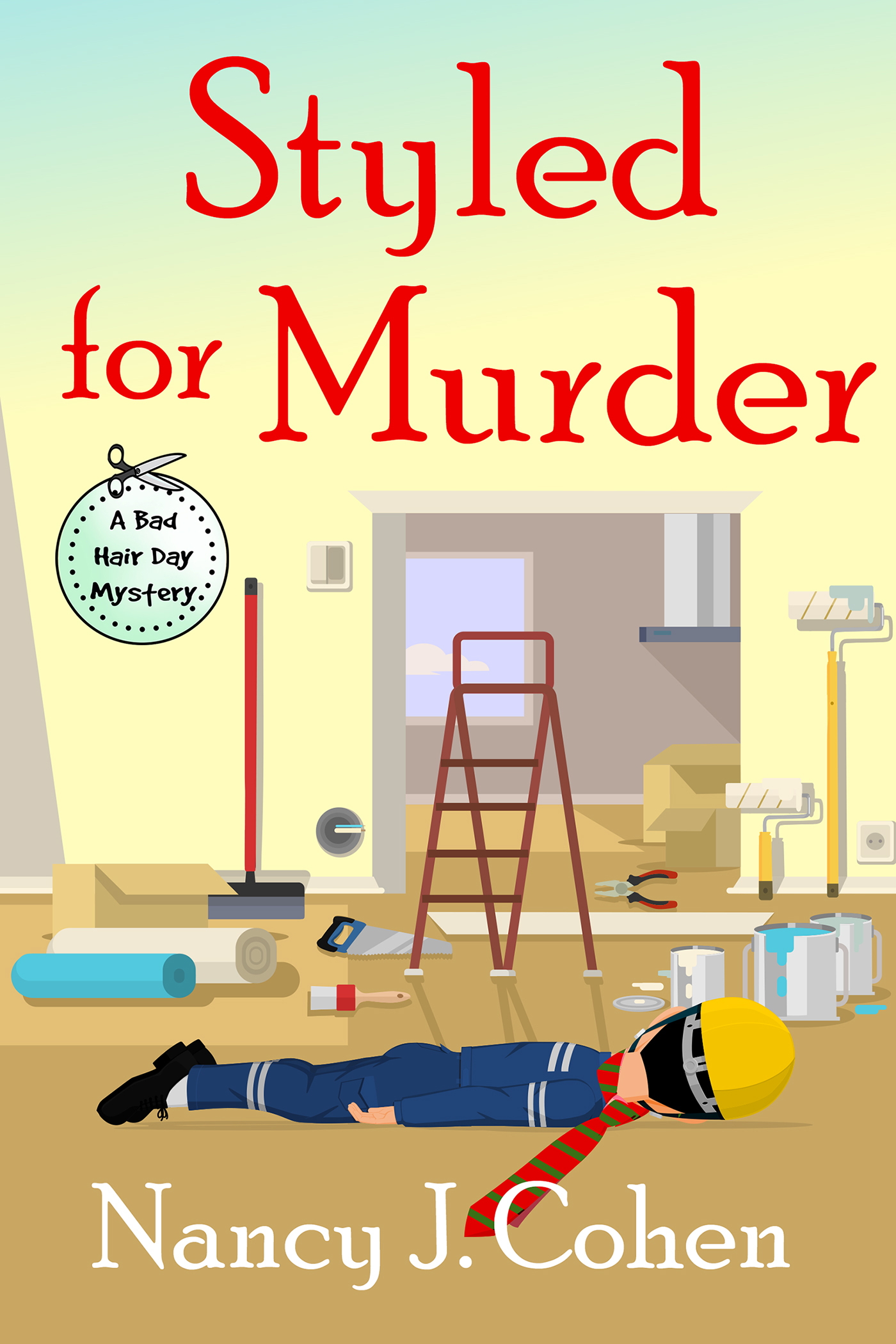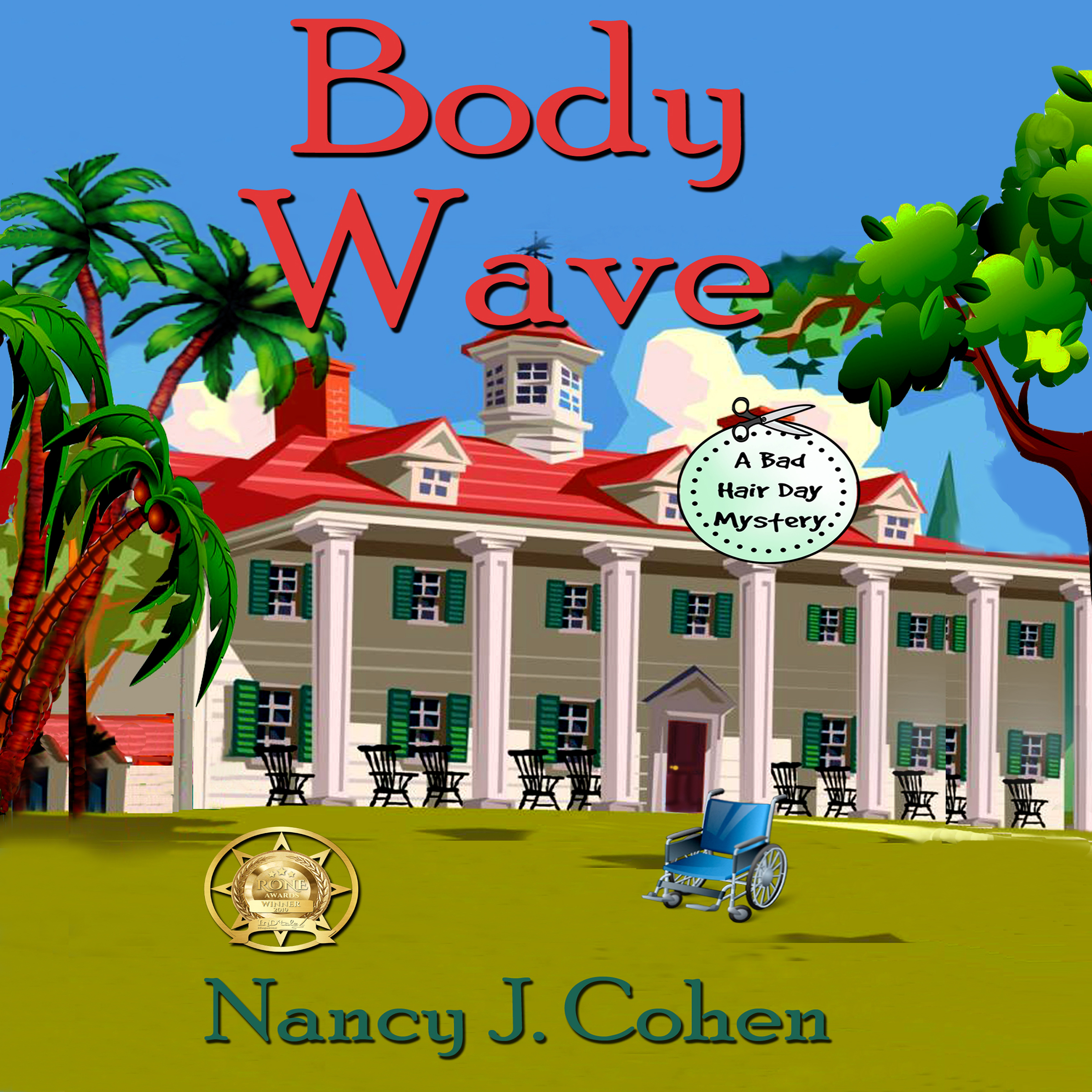Do you want to send an agent a query letter but have no idea what it should include? Or perhaps you’ve sent out several queries and you keep getting rejections. What could you be doing wrong? Here are some steps you can take to put yourself on the path to success.
Check the guidelines for submissions on the agent’s website. This will tell you what genres the person represents and if they prefer email or snail mail submissions. The guidelines will also state if you should include any sample chapters.
Make sure the agent does not require an exclusive submission. If so, you’d lose months while waiting for a response. See if the agent mentions their expected response time.
Write a one-page snappy query letter introducing yourself, giving the word count and genre for your book, a catchy story blurb, and your writing credits. If possible, include a hot premise or marketing hook that makes your story stand out. This means using keywords such as “paranormal” or “dystopian” or “domestic suspense” or saying your story is “Indiana Jones meets Romancing the Stone.” If you can compare your style to similar published authors, do so without bragging about how your book is as wonderful as Ms. Bestselling Author.
Be careful not to sound as though your writing is all over the board in terms of genres. Be clear about your focus. For example, don’t give the genre as a suspense novel and then mention that it takes place on another planet and your next book will be a vampire story. You’ll want to build your author brand by focusing on one genre as you grow your readership.
Do not describe your life history or any personal details unless they relate directly to your book. Do include if you belong to a critique group, have won writing contests, or if you’ve attended writing workshops and conferences.
You can also mention why readers might want to read your book. What is the value in it for them? Again, don’t brag and say it’s the most exciting book they’ll ever read, or it’s a fast-paced thrill ride. This is for readers to determine. But if it helps them appreciate family values or learn about how you can rise above past mistakes, this could be useful to include as a theme.
Basic Structure
First Paragraph – State your book’s title, genre and word count. Here you can put if you’re a published author seeking representation or a new author seeking an agent for your first book.
Second Paragraph – This is your catchy book blurb. Write it like a log line for a TV show or like the back cover copy of your book. You’ll want to engage the reader’s interest.
Third Paragraph – Here offer your biography as it applies to your writing, including works you’ve published, memberships in professional writing organizations, writing workshops you’ve attended, critique group participation. Mention any expertise or work credentials that apply to your book. You can also make marketing suggestions or mention your proposed target audience. Mention if your story is book one of a series.
Last Remarks – Thank the agent for their consideration and offer to send the completed manuscript upon request. Do mention if this is a multiple submission.
Signature Line – Here is where you can add your social media links. Doubtless the agent, if interested, will look you up to see if you have an online platform.
If you hear nothing back from the agent for a couple of months, send a follow-up email to ask if she’s received your query. Be courteous and respectful of the agent’s time. Be aware that some agents won’t respond at all, and this can be taken as a rejection. But follow through at least once to make sure your email was received. As an alternative, you can request a return receipt for when the agent opens the message.
If you receive a rejection letter with detailed suggestions for your work, write a thank you note. Remember, an author-agent relationship is a two-way street. Just as you want to hire the ideal agent, the agent wants to land the ideal client. Be courteous, professional, and savvy about the industry. Also respect that while the agent might offer suggestions for improvements, this is not an invitation to resubmit your work unless the agent says so in her response.
Tips for Query Letters #amwriting #pubtip Share on X
























Wow! Thank you so much for these tips. I’m in the process of querying and this was very helpful. Thanks again!
Glad to be of help. Good luck with your query!
Awesome prizes.
Good luck!